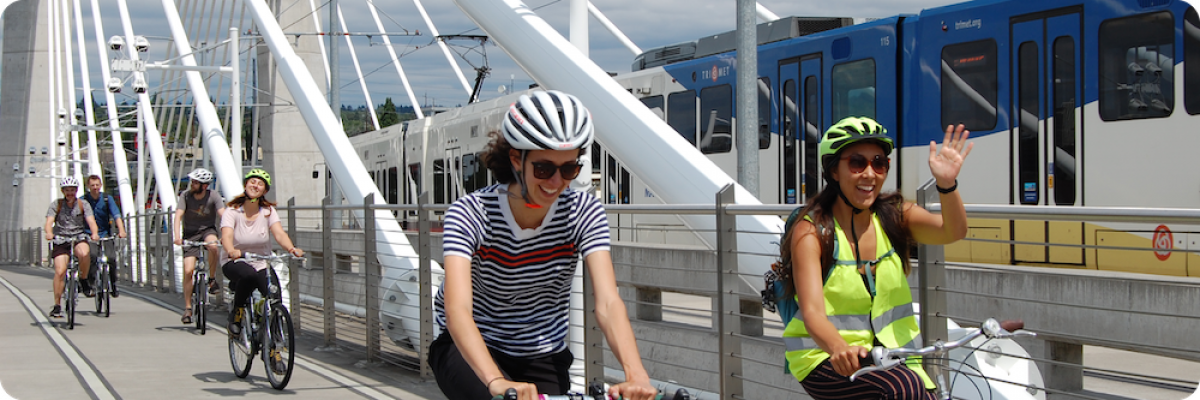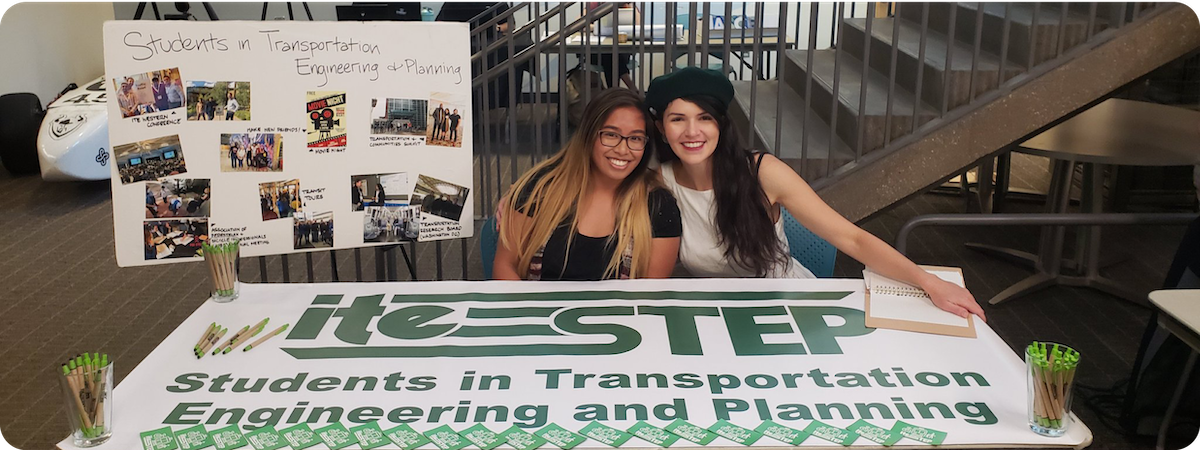Portland State University embraces interdisciplinary research by exploring the unique ways in which transportation intersects with so many aspects of our daily lives. Below are the core of our transportation research faculty and staff, but you can find our comprehensive list of contributors in our researcher directory.
Jason Anderson, PhD
Research Associate, Civil & Environmental Engineering
jason.c.anderson@pdx.edu | Researcher Profile
Dr. Jason C. Anderson is a senior research associate and adjunct instructor at Portland State University. Dr. Anderson’s expertise is in data analytics, with an emphasis on transportation safety, travel behavior, big data, and transportation policy. His work on policy-related research has led Oregon and local agencies to develop and maintain safety programs and treatments for freight transportation, active transportation, and speeding mitigation. Dr. Anderson’s research on transportation safety has helped advance fundamental knowledge on various factors that influence the risk and severity of freight and active transportation-related crashes, and the impacts of speed limit regulatory changes on driver behavior and safety. Dr. Anderson focuses on innovative strategies to generate multidisciplinary solutions to technology-driven questions related to transportation engineering. Dr. Anderson is also an avid sports fan who does not miss a Sacramento Kings game or a NASCAR race.
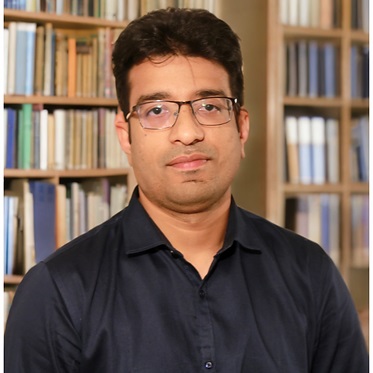 Tanmoy Bhowmik, PhD
Tanmoy Bhowmik, PhD
Assistant Professor, Civil & Environmental Engineering
t.bhowmik@pdx.edu | Researcher Profile
Dr. Tanmoy Bhowmik joined the Department of Civil and Environmental Engineering at Portland State University as an Assistant Professor in Fall of 2023. Prior to that, he worked as a post-doctoral associate and graduate faculty scholar at University of Central Florida. Dr. Bhowmik's research primarily focused on the formulation and development of statistical and econometric models and applying them to different transportation sectors - including transportation planning, safety, and energy - to understand the underlying behavioral patterns and decision processes. His ongoing work deals with analyzing the impact of emerging technologies (electric and connected vehicles) on transportation environments, public health, and energy consumption. Dr. Bhowmik is currently a member of the editorial board of Frontiers in Future Transportation, and serves as a panel member in two NCHRP projects.
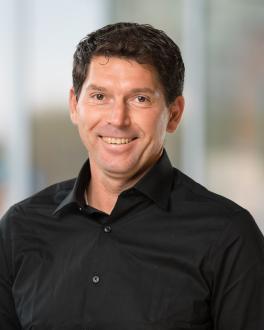
Peter Dusicka, PhD
Associate Professor, Department of Civil and Environmental Engineering
dusicka@pdx.edu | Researcher Profile
Dr. Peter Dusicka is Professor and Chair of Civil and Environmental Engineering in the Maseeh College of Engineering & Computer Science at Portland State University. His primary research interests are in earthquake structural engineering, focusing on infrastructure resilience. Dr. Dusicka also manages iSTAR (infraStructure Testing and Applied Research) Laboratory, an on-campus facility for large scale experiments including real time shake table tests.
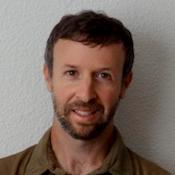 Aaron Golub, PhD
Aaron Golub, PhD
Director, Nohad A. Toulan School of Urban Studies and Planning
Professor, Urban Studies and Planning
agolub@pdx.edu | Researcher Profile
Dr. Golub is an associate professor and director of the Toulan School of Urban Studies and Planning at Portland State University. His work focuses on the social equity impacts of current transportation planning practices – how people participate in planning, and who wins and loses from transportation plans and investments. Dr. Golub teaches courses on urban transportation policy, planning research methods, transportation finance and public transportation. His research explores policy, finance, environmental justice, public transportation, sustainability, bicycle transportation, social change, the Distributional Effects of Regional Transportation Plans and Projects, Applying an Equity Lens to Automated Payment Solutions for Public Transportation, and more.
 Arash Khosravifar, PhD
Arash Khosravifar, PhD
Assistant Professor, Civil & Environmental Engineering
akhosravifar@pdx.edu | Researcher Profile
Dr. Arash Khosravifar joined the Geotechnical Engineering group in Civil and Environmental Engineering Department at Portland State University (PSU) in December 2015. Prior to joining PSU, he worked for Fugro Consultants Inc. in California where he worked on seismic hazard studies for transportation projects (bridges) and energy developments (oil and gas, wind turbines). He obtained his Ph.D degree from University of California, Davis where he conducted research on analysis and design of piles in liquefied soils.
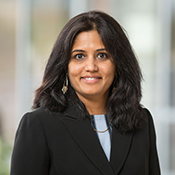 Sirisha Kothuri, PhD
Sirisha Kothuri, PhD
Senior Research Associate, Maseeh College of Engineering and Computer Science
skothuri@pdx.edu | Researcher Profile
Sirisha Kothuri, Ph.D. is a senior research associate in the Department of Civil and Environmental Engineering at Portland State University. Dr. Kothuri’s primary research interests are in the areas of multimodal traffic operations, bicycle and pedestrian counting, and safety. Dr. Kothuri is the research co-chair of the Transportation Research Board’s Pedestrians Committee (ANF10) and the Bicycle and Pedestrian Data Subcommittee (ABJ 35(3)) and a member of Traffic Signal Systems committee. Dr. Kothuri received her BCE from Osmania University, India, MSCE from Louisiana State University, Baton Rouge and Ph.D. from Portland State University. Dr. Kothuri's research includes investigations into Incorporating Pedestrian Considerations into Signal Timing, Improving Walkability Through Control Strategies at Signalized Intersections, Addressing Bicycle-Vehicle Conflicts with Alternate Signal Control Strategies and Improving Bicycle Crash Prediction.
 Jenny Liu, PhD
Jenny Liu, PhD
Associate Professor, Urban Studies and Planning
jenny.liu@pdx.edu | Researcher Profile
Jenny Liu is an associate professor of urban studies and planning at Portland State University. She is an environmental and resource economist with a focus in transportation economics. Her research interests include the economics of alternative energy sources, links between transportation choices and environmental issues, the effects of physical infrastructure networks and social networks on the adoption of transportation technologies, and technology adoption and its effects on climate change, particularly within the urban and development contexts. Dr. Liu's research has looked into Understanding the economic impacts of urban greenway infrastructure, Measuring the Impacts of Social Media on Advancing Public Transit, and the Economic and Business Impacts of Street Improvements for Bicycle and Pedestrian Mobility.
Christopher Monsere, PhD
Interim Vice Provost for Faculty Success
Department Chair & Professor, Civil and Environmental Engineering
monsere@pdx.edu | Website | Researcher Profile
Dr. Christopher M. Monsere is Professor and Chair of Civil and Environmental Engineering in the Maseeh College of Engineering & Computer Science at Portland State University. Dr. Monsere's primary research interests are in design and operation of multimodal transportation facilities including user behavior, comprehension, preferences, and the overall safety effectiveness of transportation improvements. Dr Monsere is a member of ANF20, the Bicycle Transportation Committee, the past co-chair of the Transportation Research Board's Safety Data, Analysis, and Evaluation committee (ANB20) and a past member of the TRB Task Force to develop the Highway Safety Manual (ANB25T). Monsere received his BCE from the University of Detroit Mercy; his MSCE and Ph.D.with an emphasis in transportation from Iowa State University. Dr. Monsere is a licensed professional engineer in the state of Oregon. Dr. Monsere's research efforts include Improving Walkability Through Control Strategies at Signalized Intersections, Improving Adaptive Response Signal Control Performance, and Effective Design Treatments for Right-Turns at Intersections with Bicycle Traffic .
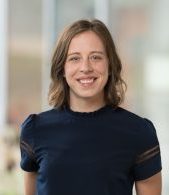 Diane Moug, PhD
Diane Moug, PhD
Assistant Professor Civil and Environmental Engineering
dmoug@pdx.edu | Researcher Profile
Diane Moug is an Assistant Professor in the Civil & Environmental Engineering department at Portland State University. She joined the department in 2017 after earning her PhD from the University of California, Davis. Her research focuses on how to improve in-situ testing for characterization of geotechnical soil properties and engineering behavior. Her research has a particular focus on improving geotechnical engineering methods with the cone penetration test for characterizing earthquake behavior of soils, and characterizing non-standard soil types. Her work has included studies of diatomaceous soils in Oregon, soils treated with microbially induced desaturation, and intermediate soils.
 Thomas Schumacher, PhD
Thomas Schumacher, PhD
Associate Professor, Civil & Environmental Engineering
thomas.schumacher@pdx.edu | Researcher Profile
Dr. Schumacher’s research is on non-destructive evaluation (NDE) and management of civil infrastructure with a focus on concrete structures. He is interested in stress wave and vibration-based techniques such as acoustic emission and ultrasonic monitoring and impulse response testing, respectively. Additionally, he has been collaborating with faculty at the University of Delaware to develop a novel distributed carbon nanotube (CNT)-based sensor that can be integrated with structural composites to form a self-sensing reinforcement to repair and rehabilitate concrete and steel structures. Finally, he is interested in video-based techniques to monitor structural motion. His additional research interests include the behavior and durability of concrete structures, bridges subject to wave forces, imaging and data fusion, data analysis and signal processing, and civil infrastructure asset management. Dr. Schumacher is the chair of ACI Committee 444 - Structural Health Monitoring and Instrumentation and a registered professional engineer (PE) in Delaware. He offers courses on structural analysis, vibrations and structural dynamics, matrix structural analysis, prestressed concrete, and sensing and monitoring for structures.
 Liming Wang, PhD
Liming Wang, PhD
Associate Professor, Urban Studies and Planning
limwang@pdx.edu | Researcher Profile
Liming Wang is an assistant professor in PSU's Toulan School of Urban Studies & Planning. He teaches courses in Travel Demand Modeling, Transportation and Land Use, and Data Analysis Methods. His research takes a data-driven approach to address challenging issues in planning, in particular those intersecting land use and transportation. His recent research projects include data integration techniques for transportation and land use modeling, development and evaluation of comprehensive performance measures for transportation and land use systems, and regional strategic planning tools. Dr. Wang has conducted research on Continuous Data Integration for Land Use and Transportation Planning and Modeling, Evaluating and Enhancing Public Transit Systems for Operational Efficiency, Service Quality and Access Equity, and the development of a data science course, Introduction to Scientific Computing for Planners, Engineers, and Scientists.
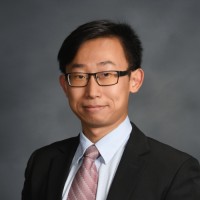 David Yang, PhD
David Yang, PhD
Assistant Professor, Civil & Environmental Engineering
david.yang@pdx.edu | Researcher Profile
Dr. David Yang is an Assistant Professor in the Department of Civil and Environmental Engineering at Portland State University. He joined the department in Fall 2020, after working as a postdoctoral researcher at Lehigh University. His research strives to advance effective and efficient management for structures and infrastructure systems, primarily through the integration of structural engineering and probabilistic machine learning methods. He has extensive experience in structural reliability analysis and calibration, risk management for transportation infrastructure networks, and probabilistic life-cycle management for deteriorating structures. His ongoing work deals with (a) robust climate adaptation strategies for vulnerable structures and infrastructure systems and (b) probabilistic machine learning for infrastructure metamodeling and optimum management. Additional research areas include sustainability and resilience of structures, decision-making under uncertainty, and climate change impact on infrastructure and communities. He serves in the ASCE/SEI Task Group 1 on Life-cycle Performance of Structural Systems.

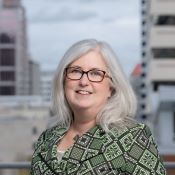 Jennifer Dill, PhD
Jennifer Dill, PhD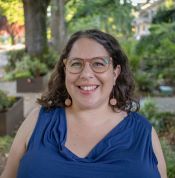
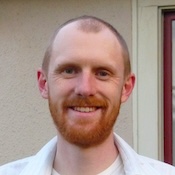 Joseph Broach, Ph.D.
Joseph Broach, Ph.D. Basem Elazzabi, PhD
Basem Elazzabi, PhD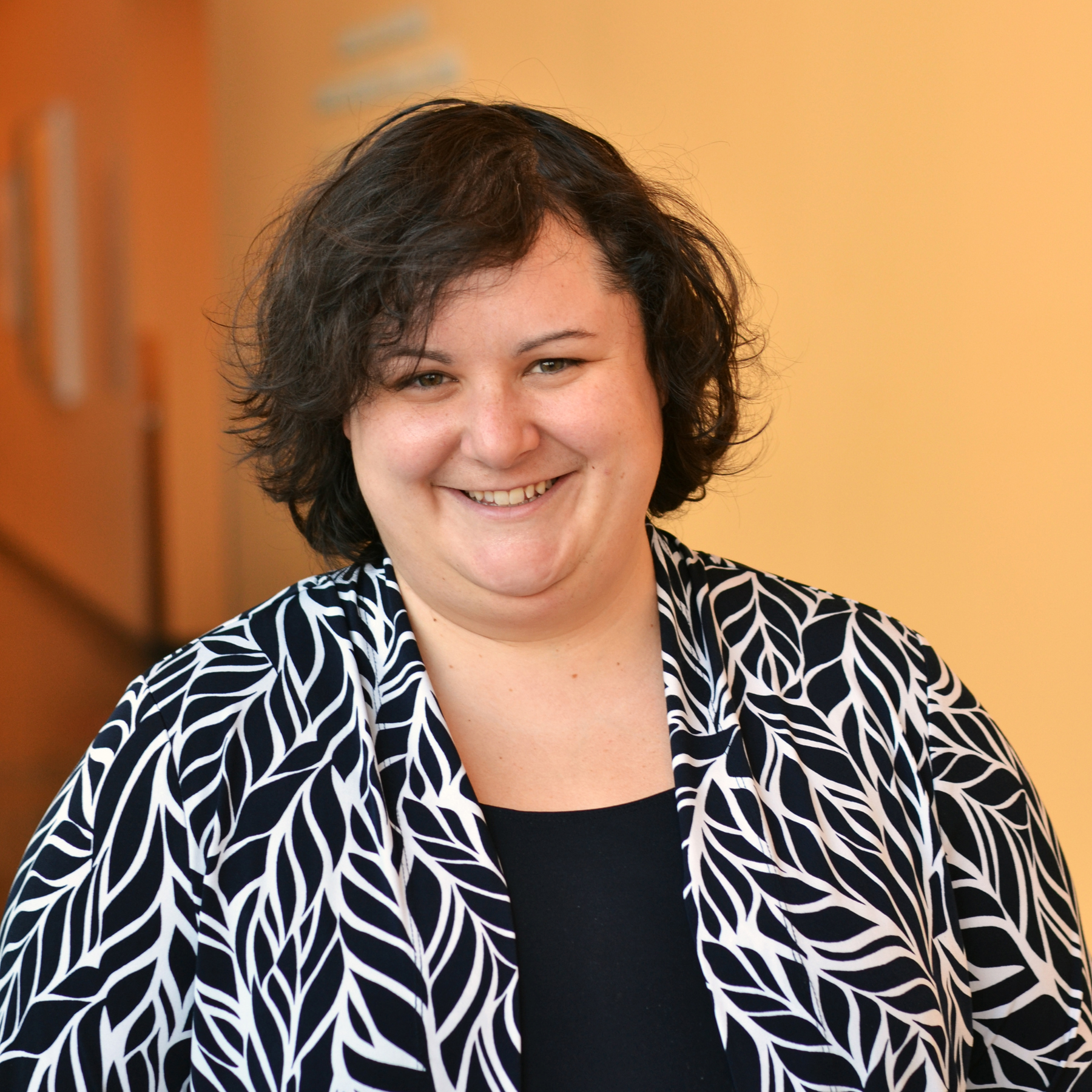
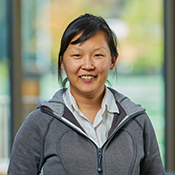
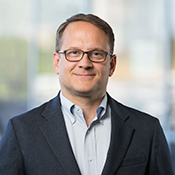 John MacArthur
John MacArthur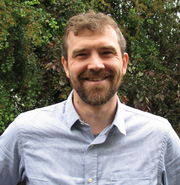
 Saurav Kumar Singh
Saurav Kumar Singh